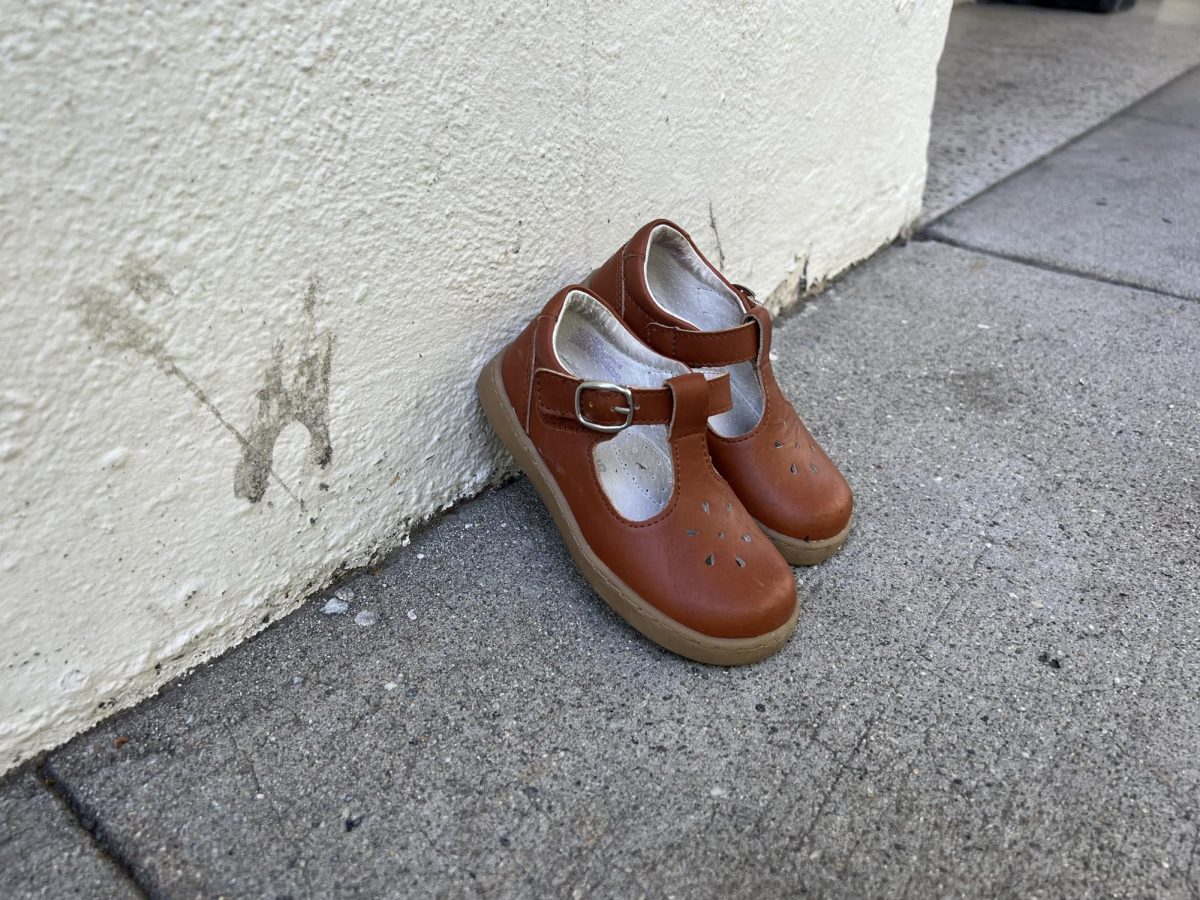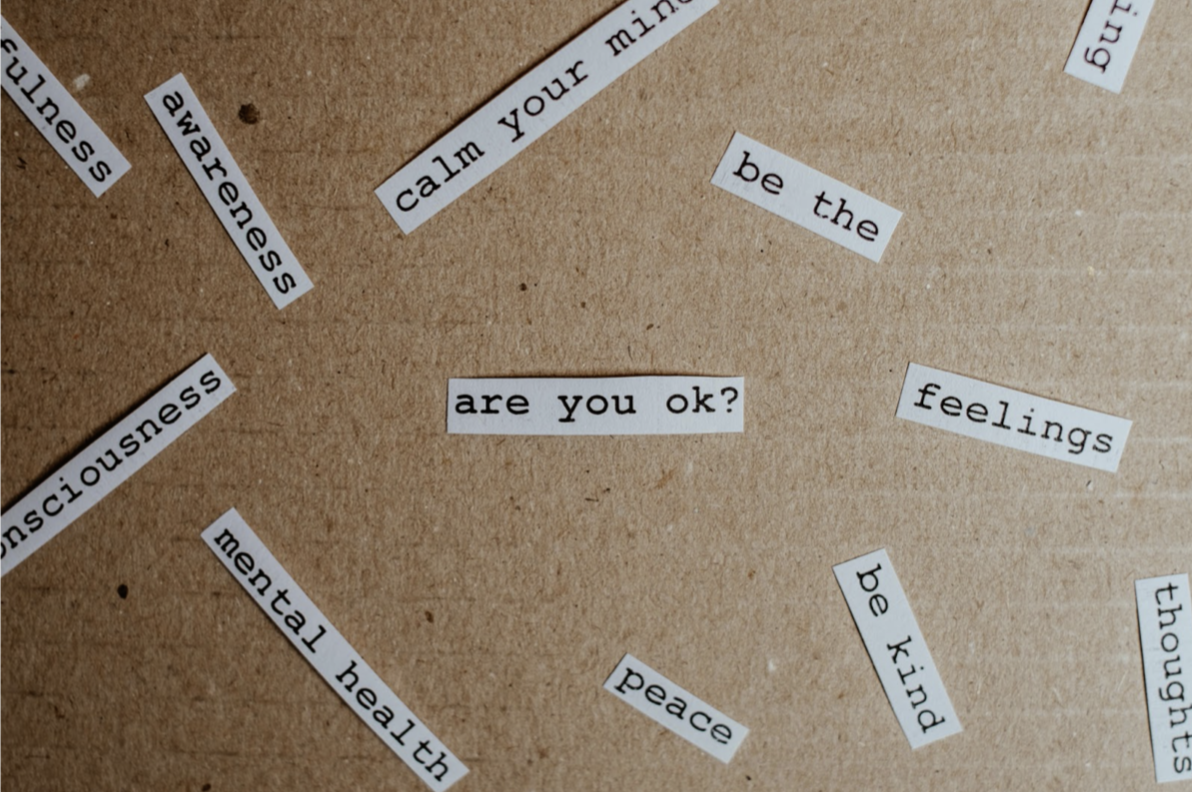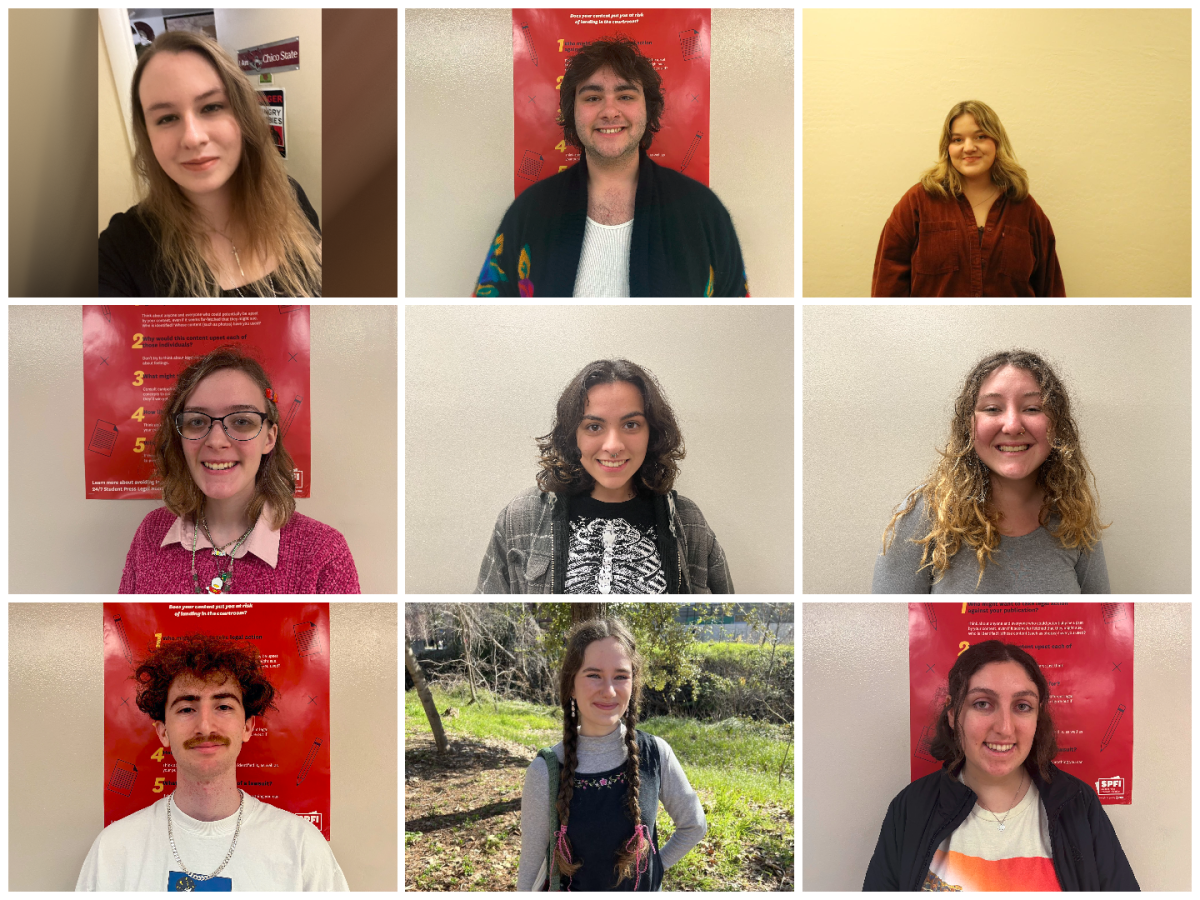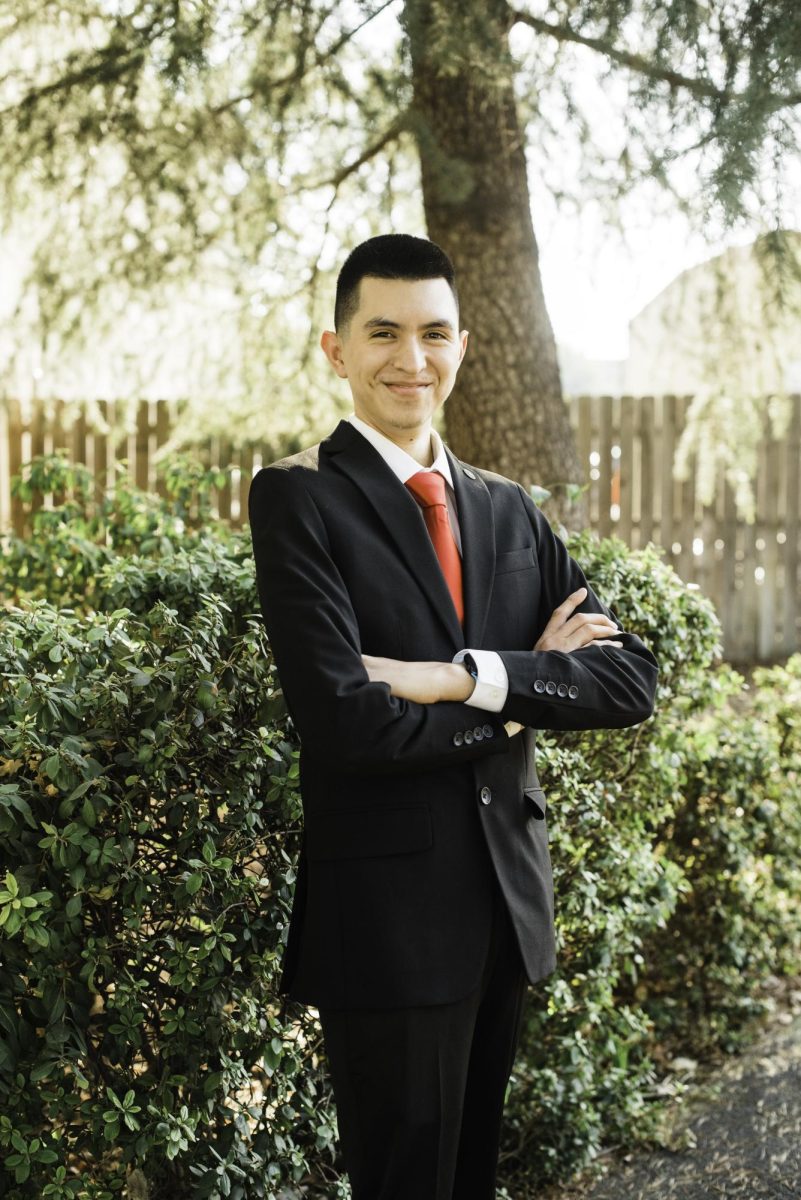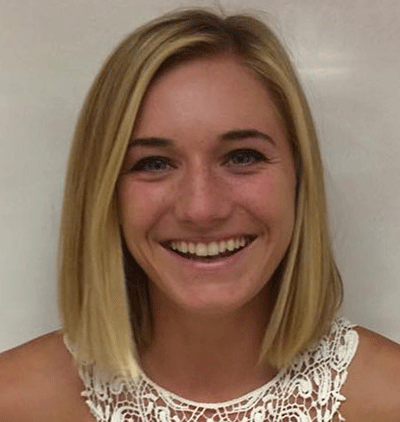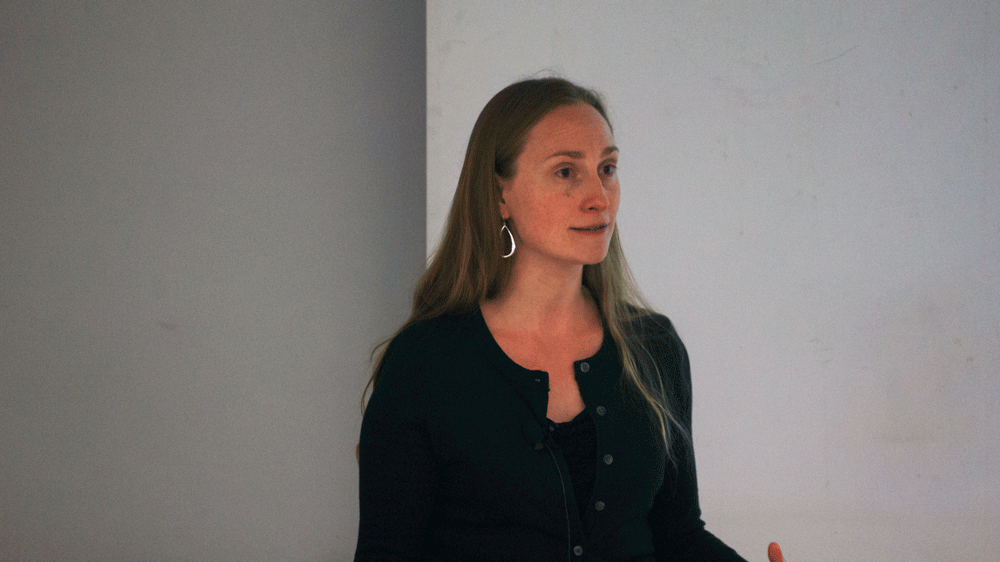
“On jaaraama!”
The room grew silent on Tuesday and heads turned as Jennifer Clowers, Peace Corps volunteer and recruitment supervisor, greeted the audience in Pular, a language spoken in Guinea where she volunteered.
The Peace Corps is a volunteer program established by John F. Kennedy in 1961. Its overall mission is to promote world peace and friendship by helping communities that have requested assistance, promote a better understanding of America through volunteers and promote a better understanding of other areas in the world through stories shared by volunteers.
Clowers knew she wanted to be in the Peace Corps her entire life. Following in her mother’s footsteps, she hoped to make a real change in the world; it was just a matter of when.
Clowers spent one year in France, where she became fluent in the language, before joining the Peace Corps. She also had an agricultural background as she was an agriculture major and from working on a farm. This qualified her to serve in French-speaking West Africa. The Peace Corps invited her to serve in Guinea.
The 27-month journey of her service began with three months of training, which was split into four sections: technical, cross-cultural, language and safety-security-medical.
Clowers was then shipped off to a small village in Guinea with no running water or electricity. She exercised her skills in the long-lost art of letter writing, and her agricultural background helped her work with women’s gardening cooperatives.
“I spent a lot of time talking about who I was, sharing meals with people and drinking tea to have my community really have a better understanding of who I am and the reason why I was in Peace Corps,” Clowers said.
According to Clowers, the first three months is the time when you are assimilating into the culture. She spent a lot of time figuring out the projects that she was going to be working on and reflecting on what was working well, what the goals and priorities were of the community and what the challenges were.
“You’re really acting as that catalyst for sustainable change,” Clowers said. “You’re identifying people who want to work with you on these projects.”
With Clowers’ help, the women’s gardening cooperative created a project of selling produce to neighboring villages. Her role was not so much to make the project happen, but to work in collaboration with women to determine what would be profitable and feasible for their community.
After about one year in Guinea, Peace Corp volunteers were evacuated due to political and social unrest.
Clowers said the move was heartbreaking. With a year full of memories on the forefront of her mind, there was one that specifically had a major impact on her.
“I’ll never forget: I was gardening with the president of the cooperative and she turned to me and said, ‘You believed in us. If you weren’t here, this never would have happened,’” Clowers said. “To me, that encapsulates what it means to be a Peace Corps volunteer.”
Leaving behind the village that she loved, the friends she had made and the projects that she helped established, Clowers headed to her next stop: Niamey, Niger.
“Niger is very hot,” she said. “I believe it has been described as the beginning of the end of the world. I’ve got to say though that Nigerians, despite these harsh conditions, are some of the most resilient, hospitable and generous people I have ever known.”
Clowers was assigned to work with artisan cooperatives in the National Museum of Niger. She was a consultant to over 200 artists at the museum who represented different ethnic groups.
After finishing her service in Niger, Clowers came home to many windows of opportunity in her life. She became a status candidate for federal jobs in the U.S., which gave her a leg up in applying to different federal agencies. She then became a recruitment supervisor, and is looking into scholarships specifically for Peace Corps volunteers who want to return to grad school.
“Peace Corps is highly regarded because you are actually living with the communities,” Clowers said. “You are really understanding and you’re becoming a part of the community and that experience in invaluable.”
Clowers encourages students to consider serving in the Peace Corps despite the aspects that many would consider challenging, such as the distance, the amount of the time and the fear of the unknown.
“One of the most challenging parts was dealing with the loneliness of being away and not having as much contact with home and the other volunteers,” Clowers said. “But then again, you’re living in your community and so the more you get to know people and you build those relationships, it becomes home.”
Peace Corps is not for everyone, but it is a life-defining and life-changing experience, Clowers said. Those interested should be adaptable, flexible and patient. The will to be in a different context and to learn about a different culture is the fuel that one needs to succeed as a Peace Corps volunteer.
“I would say that it was the hardest thing that I’ve ever done,” Clowers said. “But I would do it again in a second. It was a truly amazing experience. I learned so much about myself and also about how people can have an impact.”
Stephanie Schmieding can be reached at [email protected] or @stephbottt on twitter









